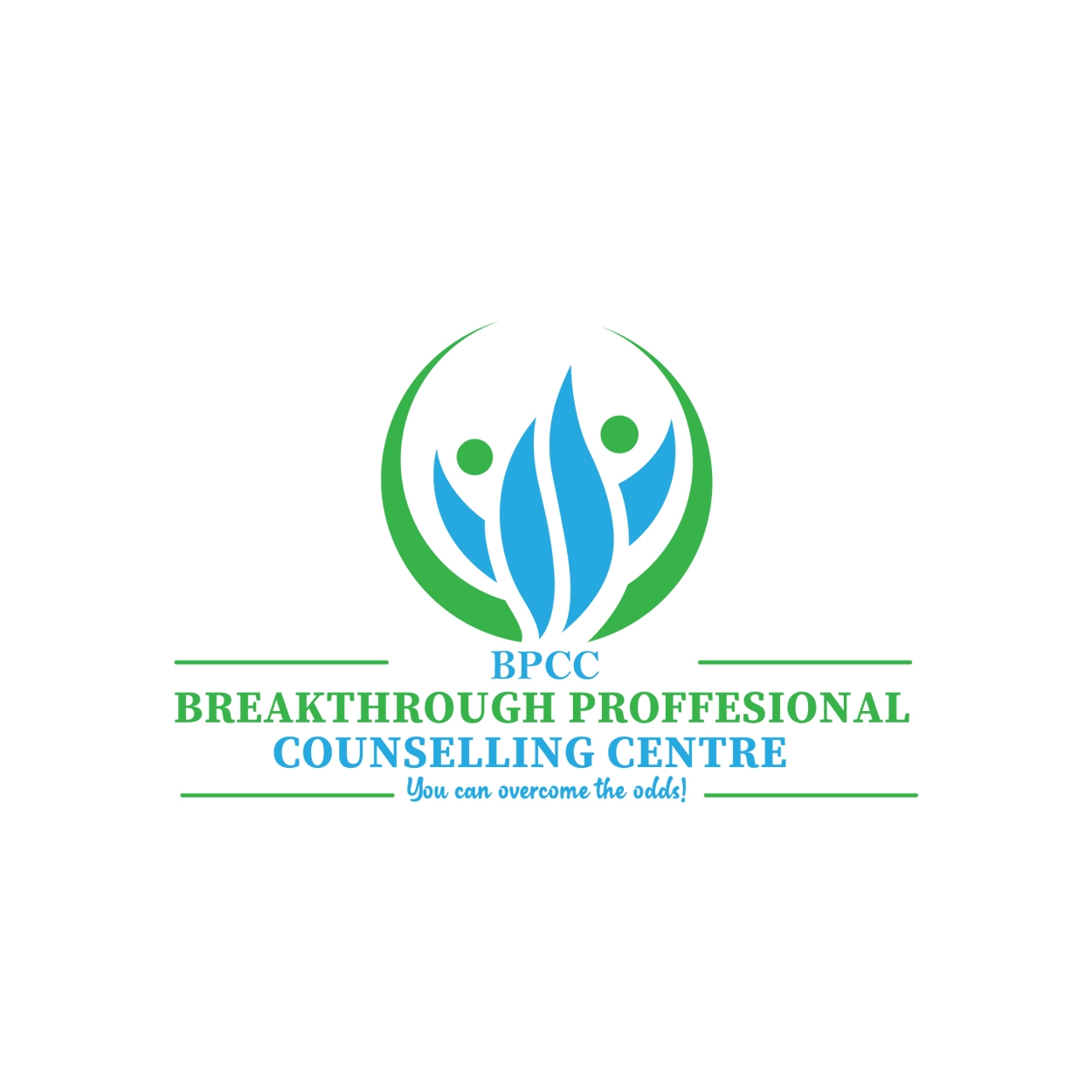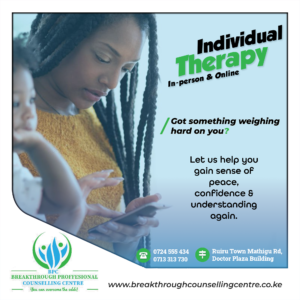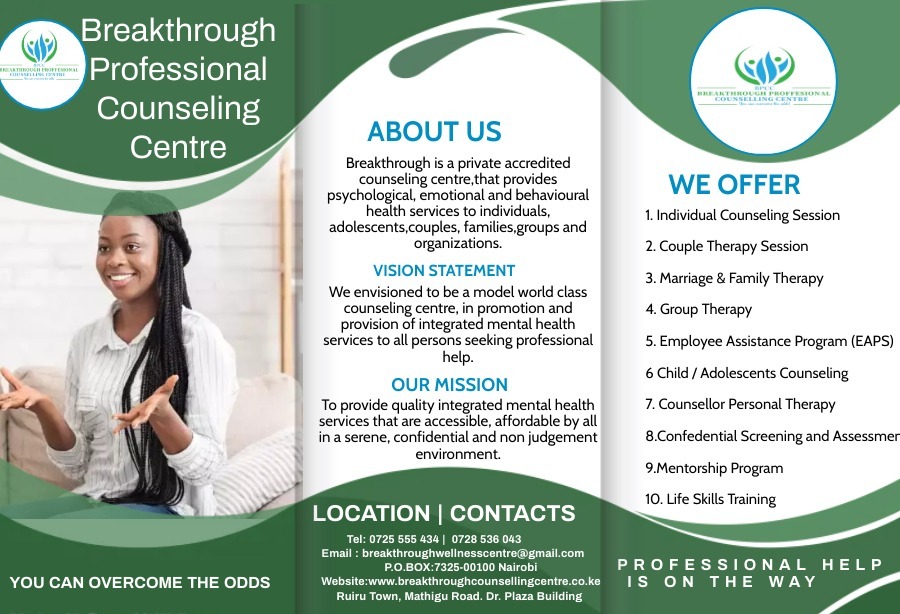What To Expect From Your First Counselling Session/Therapy.

Are you thinking about going to therapy sessions but, you feel nervous, anxious or confused about what the counsellor will say or what to expect?
Sometimes it’s normal to feel this way, perhaps knowing what to expect from the first therapy session can help to make you feel less nervous.
Counselling is a process, a therapeutic intervention, or rather an interaction between a professionally trained counsellor, and a client aiming at shifting the client’s perspective.
Therefore, your therapist can only be in a professional relationship with you but not as a close friend, business partner, or intimate partner NO!
A friend can give you advice. However, this is not the case with counselling, the role of your therapist is to provide you a space in a non-judgmental environment where you would feel safe to navigate through what is going on for you.
This means that the counsellor cannot give you advice but, rather equip you with tools to help you develop resources within yourself to deal with thoughts, negative feelings and maladaptive behaviours to live a more happier life.
Therapy is a natural healing process where you will learn about how your thoughts, feelings and actions are connected as well as find healthful ways to cope. If you are planning on going for therapy, and wondering what can happen in a therapy.
This is what to expect during your first counselling session/therapy.
1. Counsellor will build a rapport with you (friendly contact).
Breaking the ice, this is the first encounter where you and your therapist get to know each other in a safe and non-threatening way. Therapists use the first session to create a therapeutic alliance with you to make you feel accepted and relaxed.
However, some therapists may you use this initial bonding to start a therapeutic process immediately, depending on their theoretical orientation and the type of therapy they offer.
This positive bond aims at establishing trust, allaying the negative emotions that you may have for instance ease anxiety. This is an important ingredient in a therapy session.
2. Contracting – Filing of Paperwork
The counsellor will gather information such as; demographic information, presenting problems, personal & education background, family of origin history, medical treatment history, /legal & substance use history etc.
Your therapist will also explain to you the confidentiality policy, rules and regulations, review informed consent with you before you commit yourself to therapy and how much is going to cost you for the therapy session.
3. Scheduling for counselling sessions
This is a collaborative approach where you and your therapist get to talk about the next sessions. Agreeing on the following important treatment protocols but not limited to:• Number of structured sessions you will be attending.• How long will the therapy session take? (Duration)
• Time of the session, what time will you be attending a session? Is it in the morning hours or evening after work?
• Your availability for the session, for instance, your preferred day of the week that is convenient for you to attend your booked session?
4. Setting goals/ identifying your treatment needs
What are your expectations, hopes and goals you would want to achieve during the therapy sessions? What have you tried before, how do you cope? Your strengths, weaknesses and personality etc.
5. Questions and feedback.
Your therapist will ask you a number of questions both open-ended and closed-ended just to clarify and uncover the unmet needs and other underlying problems in your life.
This helps your therapist to imagine your world and walk in your shoes. You are allowed as the client to ask questions to your therapist, for instance, they training, experience, theoretical orientation and any other question that you might have.
Receiving feedback from your therapist help you raise your awareness on what you are doing well and areas to improve on, similarly you as the client you can also give feedback to your therapist/ express what you think and feel about the sessions.
Note, sometimes your therapist might push you a little bit just to get the whole picture of the problem which might evoke some painful memories and emotions. That’s the support you where needed while at the same time challenging to foster your growth.
Final word.
We all need help and support at some point in life, most importantly while attending your therapy session remember to keep an open mind.
Allowing yourself to be vulnerable might go a long way in helping you process repressed emotions and improve the way you feel, relate with self, others and change your actions.
I hope this write up has been helpful to you. What have you learnt from this article share with us your insights/questions in the comment section we would love to hear from you.
Written by:
Samuel Mburu, Accredited Counsellor










